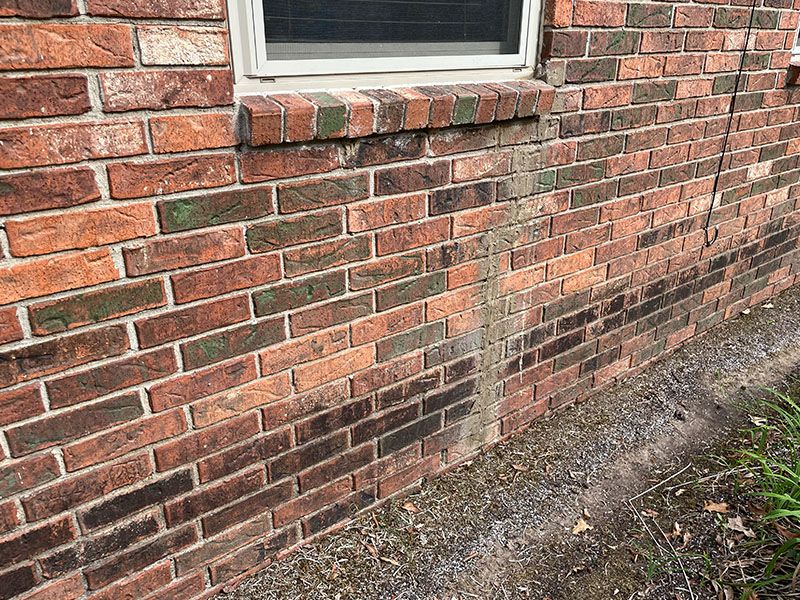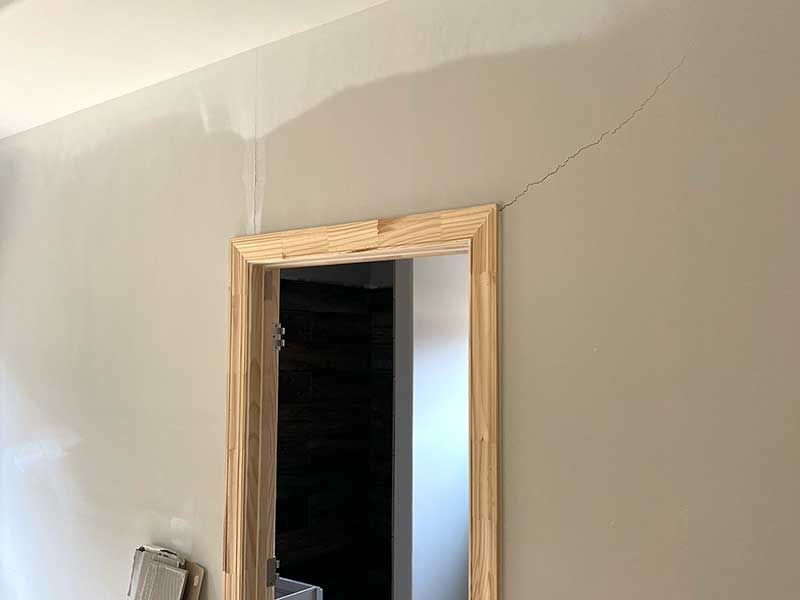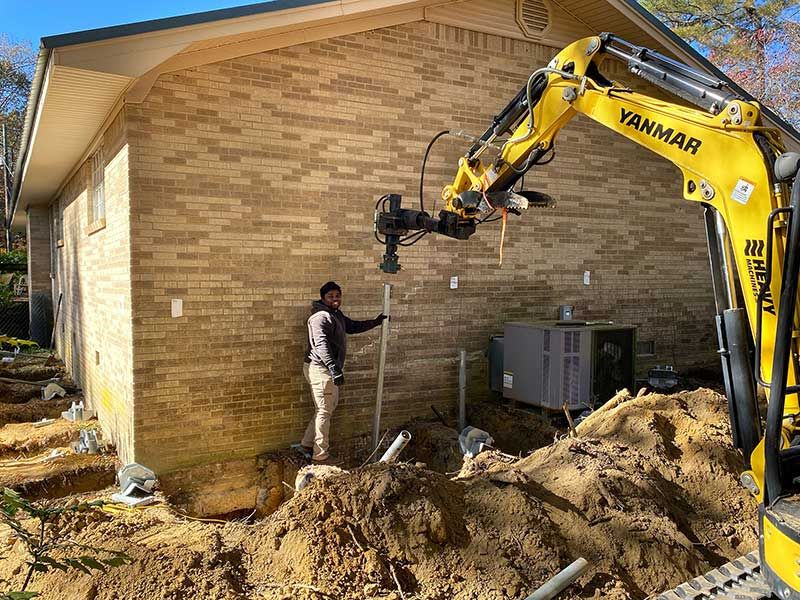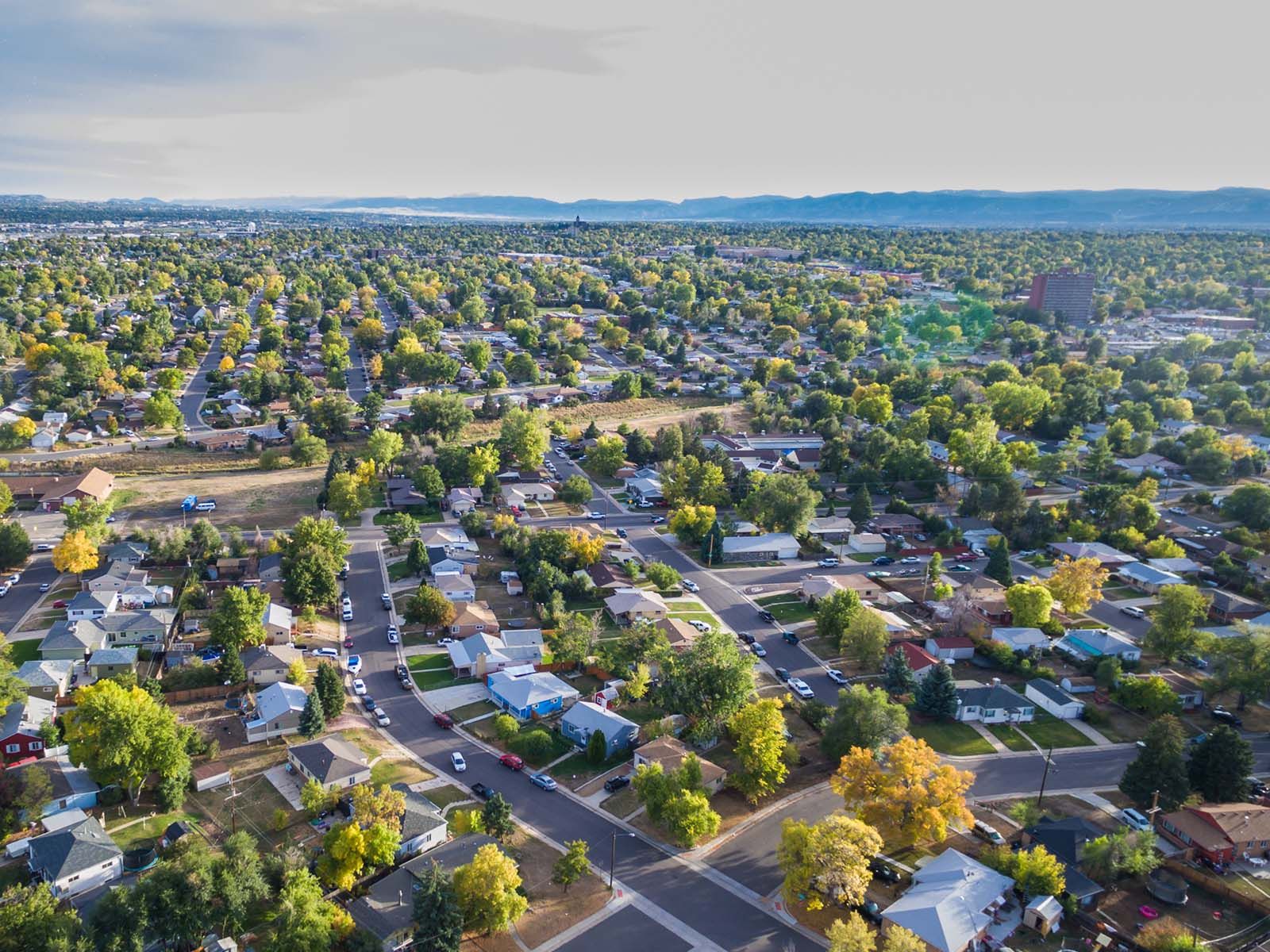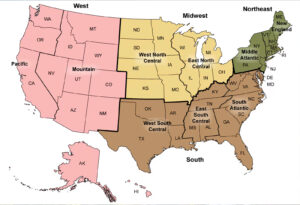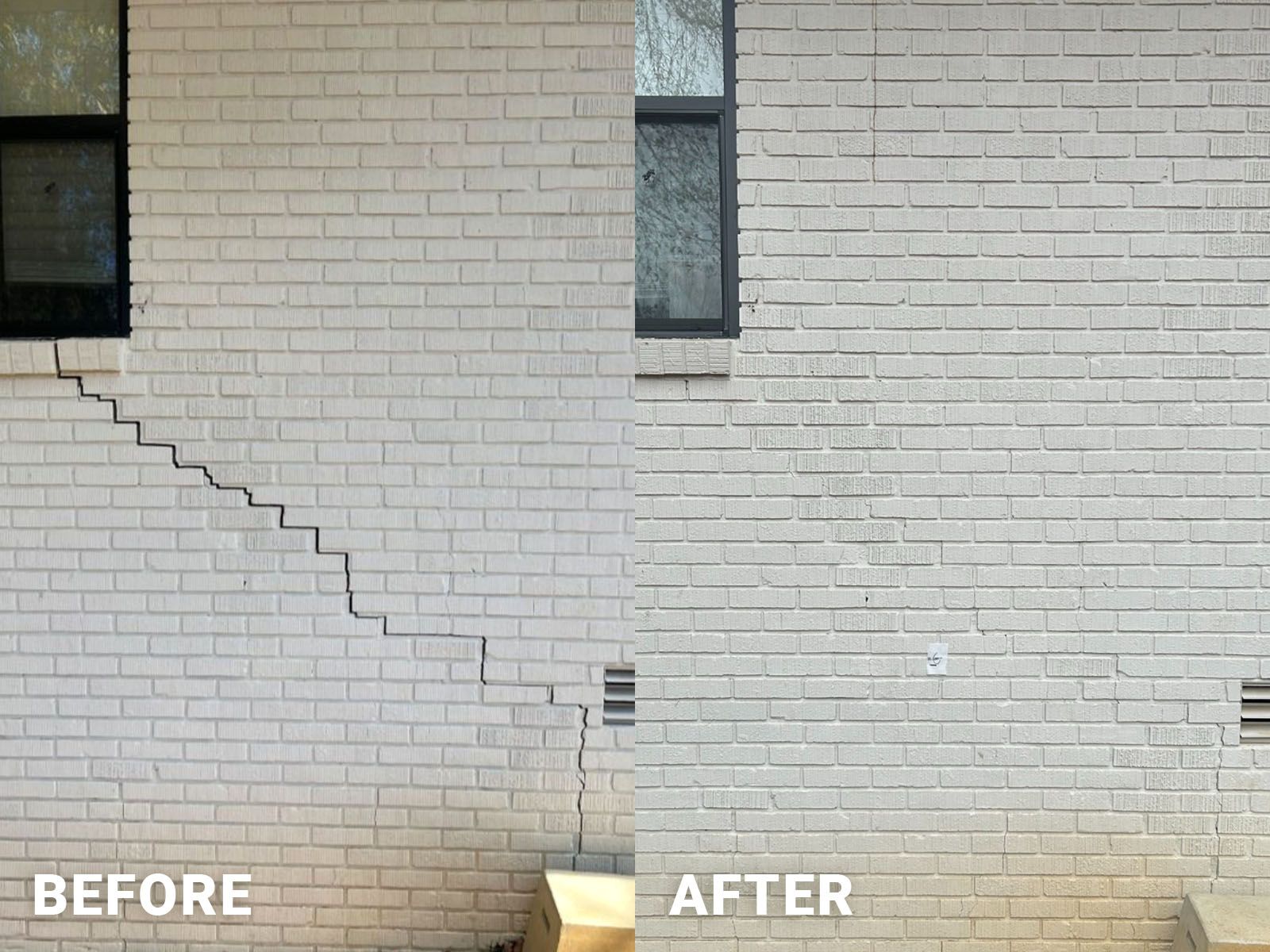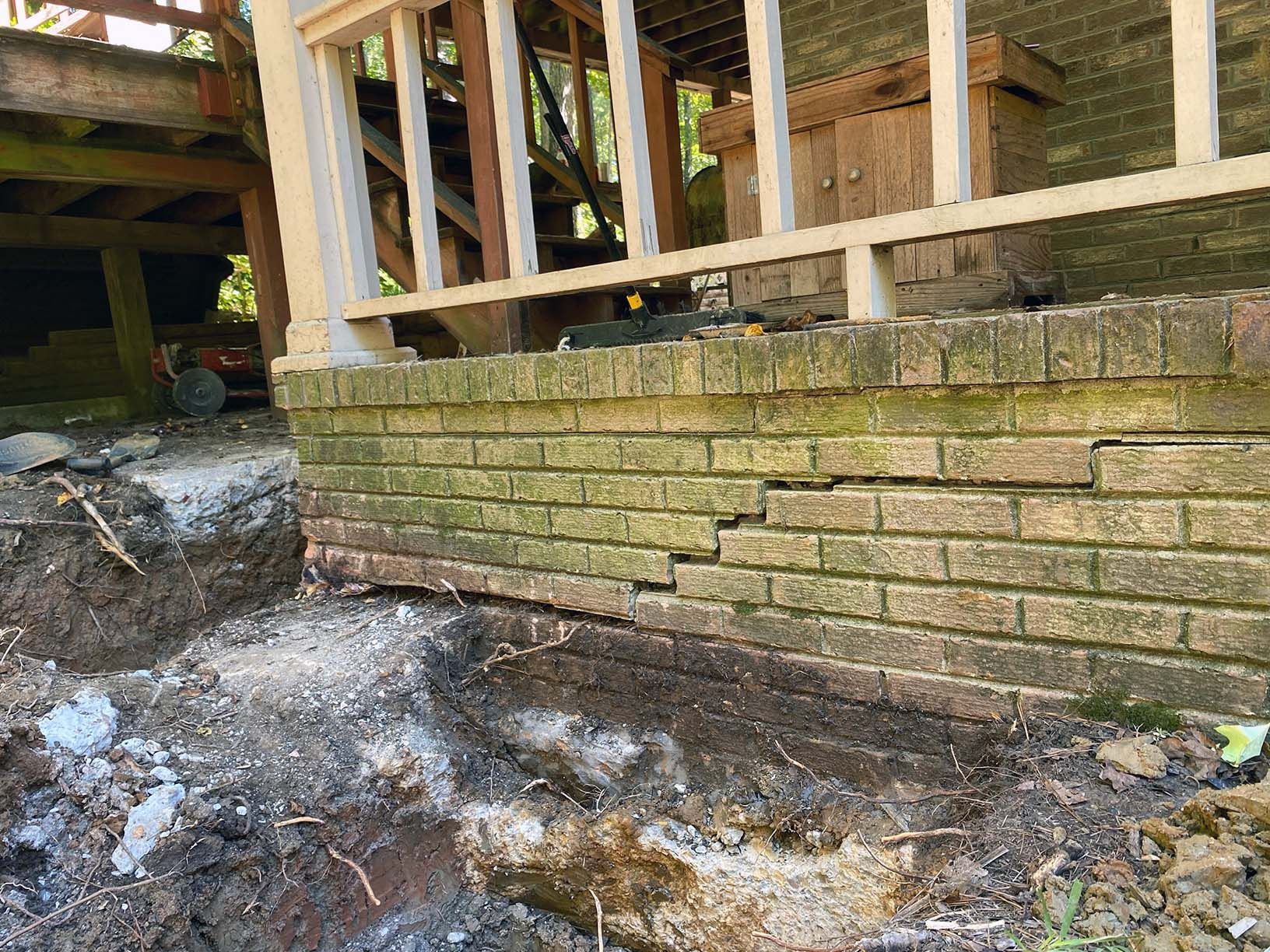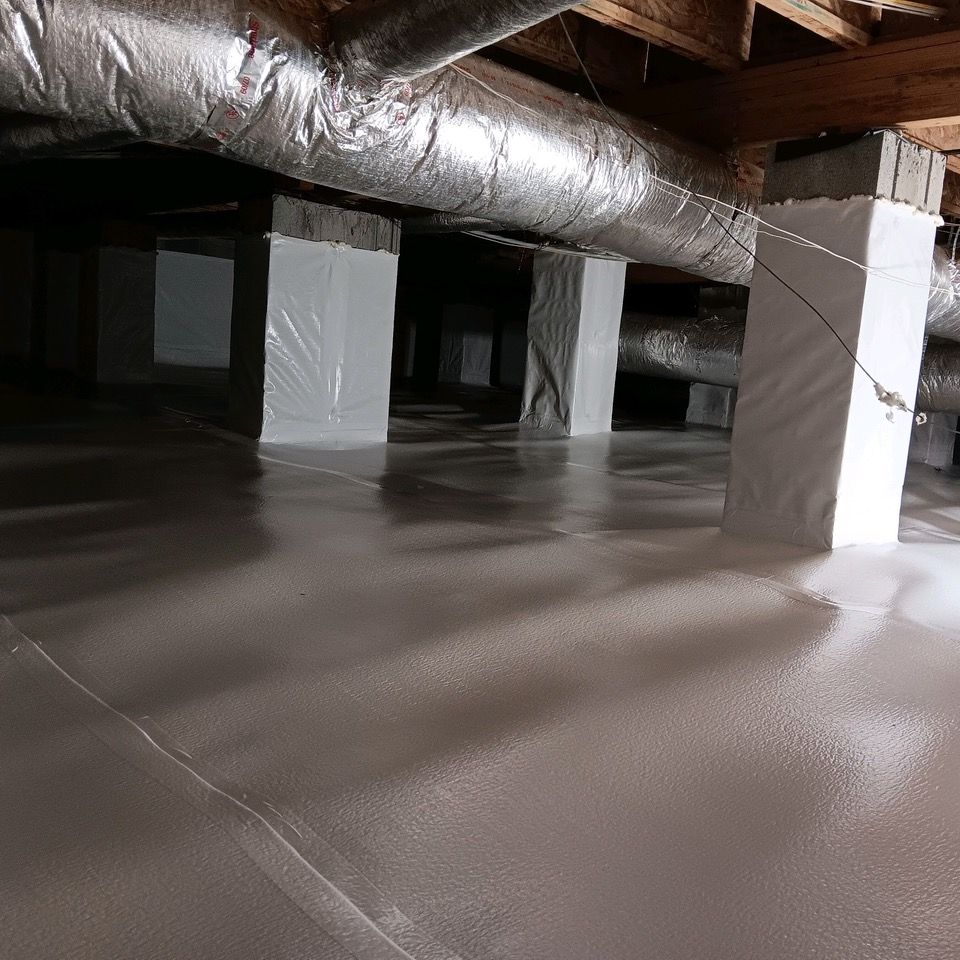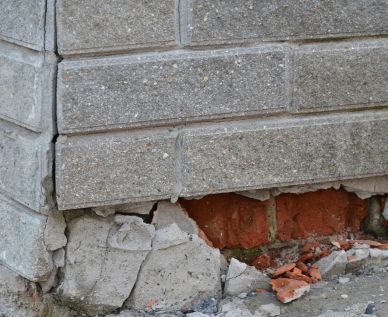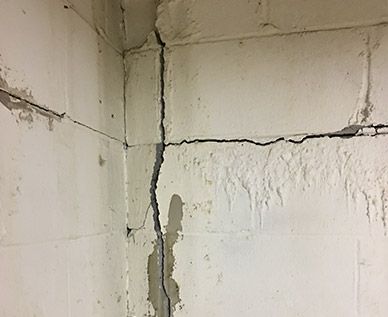Does Foundation Repair Affect Home Value?
If you’ve spotted cracks in your walls or noticed uneven floors, you might be wondering if foundation repair is worth the time, effort, and cost. More importantly, you’re likely questioning how these foundation problems—and the decision to repair them—affect your home’s value, especially if you’re planning on selling your home.
The short answer? Addressing foundation damage is crucial for preserving your property’s value and ensuring it remains a solid investment.
This blog will dive into the impact of foundation repair on home value and answer the question, “Does foundation repair impact home value?” We’ll explore the advantages of timely repairs, weigh the pros and cons of fixing foundation issues before selling your home, and share best practices for navigating the buying and selling process when foundation concerns arise. Plus, we’ll offer actionable tips to help homeowners protect their most valuable asset: their home.
How Foundation Problems Impact Home Value
Foundation problems are one of the biggest red flags for homebuyers. Why? Because the foundation is the structural backbone of a house. When it fails, it can lead to widespread damage throughout the property, affecting both functionality and aesthetics. Common issues include:
- Cracks in Walls and Ceilings – These aren’t just cosmetic; they can indicate serious structural concerns tied to foundation instability.
- Uneven or Sloping Floors – A clear sign of foundation problems, this issue can make daily living uncomfortable and point to deeper, costly damage.
- Sticking Doors and Windows – Shifting foundations can cause frames to misalign, leaving doors and windows sticking or not closing properly.
Homes with unresolved foundation problems can lose up to 20% or more of their value and often linger on the market. Buyers see these properties as risky investments, fearing high costs and future complications. This is where the benefits of foundation repair come into play. Addressing these issues not only prevents further damage but can significantly improve the home value after foundation repair, attracting more buyers and higher offers.
Investing in foundation repair protects your home’s structural integrity and boosts its market appeal. By resolving concerns early, you’ll avoid lowball offers and highlight the value of foundation repair as a long-term asset for your property.
How Foundation Repair Affects Home Value
1. Protects Against Further Devaluation
Foundation repair is essential to maintaining your home’s value, even if it doesn’t directly increase its appraised price. By addressing foundation issues, you stop further structural damage and protect your home from ongoing water damage or shifting. A properly repaired foundation helps restore your property to its expected condition, keeping it competitive with similar homes in your area. This is crucial for preserving your home’s resale value and achieving a fair market price.
2. Provides Peace of Mind to Buyers
Unresolved foundation issues can be a major red flag for potential buyers, as they often signal future costs and structural damage. Transparent communication about completed repairs, backed by documentation and transferable warranties, reassures buyers that the problem has been handled professionally.
Knowing the home’s structural integrity has been restored boosts buyer confidence and makes them more willing to offer a competitive price. This is where foundation repair’s ROI becomes evident—it’s not just about the home resale value of foundation repair but also the confidence it brings to the negotiating table.
3. Protects Against Further Devaluation
A home with structural repairs, including proper foundation repair, is far more attractive to buyers. Documenting the repair method used, permits obtained, and warranties offered demonstrates that you have thoroughly and responsibly addressed the issue. This is particularly important for homes that have experienced water damage or other foundation-related problems. Clear documentation helps ease concerns, making your home stand out in the market and improving your chances of a faster sale.
Should You Repair Before Selling?
Deciding whether to complete foundation repairs before listing your home depends on your circumstances, such as the extent of the damage, cost of repairs, and your selling timeline. Consider these pros and cons:
Pros of Repairing Before Selling:
- Higher Selling Price: Foundation repair positively impacts home value by bringing it closer to its full market potential. Homes with completed repairs often achieve stronger offers.
- Fewer Negotiation Hurdles: Buyers lose leverage to demand steep discounts when foundation issues are already resolved.
- Faster Sale: Homes with structural repairs, such as foundation restoration, are more appealing to buyers, especially in competitive markets.
Cons of Repairing Before Selling:
- Upfront Costs: The cost of foundation repairs can vary widely depending on the severity of the damage and the repair method required.
- Time Investment: Addressing foundation issues can delay your listing timeline, which may be challenging if you’re under pressure to relocate quickly.
Understanding the impact of foundation repair on property value is key to making an informed decision. While the cost of repairs may seem high, the ROI is often worth it when you consider the improved home resale value and the peace of mind it provides to buyers. Taking action to resolve foundation and structural damage ensures your home is market-ready and protects its long-term value.
When Should You Consider Selling Without Repairs?
If the foundation issues are minor or you’re selling in a highly competitive market where demand outweighs supply, you might be able to sell “as-is.” However, be prepared to adjust your price accordingly or offer closing credits to prospective buyers.
Buying or Selling a House with Foundation Issues
For Sellers:
- Disclose All Known Issues: Full transparency about foundation problems is legally required in most states and builds trust with buyers.
- Provide Repair Documentation: Include records of inspections and completed repairs to show potential buyers that the issue has been addressed professionally.
- Negotiate with Confidence: Use transferable warranties and repair reports as negotiation tools to justify your asking price.
For Buyers:
- Request a Foundation Inspection: Never rely solely on the seller’s disclosure—hire a structural engineer or foundation repair expert to conduct an independent evaluation.
- Factor Repairs into Your Offer: If significant repairs are needed, negotiate for a lower purchase price to offset the cost.
- Consider Warranty Coverage: Homes with transferable warranties for recent foundation repairs offer added protection and peace of mind.
Actionable Steps for Homeowners
Signs Your Foundation Needs Attention:
- Visible cracks in walls, ceilings, or floors
- Bowing or leaning basement walls
- Sticking or misaligned doors and windows
- Uneven or sloping floors
- Rotting floor joists and moisture intrusion
If you notice any of these signs, speak to a foundation repair specialist immediately. Catching and fixing foundational issues early can save you thousands of dollars and protect your property’s value in the long term.
Preventative Tips:
- Optimize Rain Water Drainage: Keep rain water away from your foundation with proper grading, downspout extensions, and regular gutter cleaning.
- Regulate Soil Moisture: Avoid large swings in soil moisture by maintaining consistent watering habits around your home’s foundation.
- Monitor for Cracks: Regularly inspect your home for signs of foundation settling or movement.
Protect Your Investment with Professional Foundation Repairs
Protect your investment and maintain your home value with professional foundation repair and structural repairs. Foundation issues, like slab foundation cracks or bowing walls, can impact your property’s safety and marketability—but addressing them early can save you money in the long run. At DFX Foundation & Waterproofing Experts, we specialize in dependable foundation repairs to keep your home secure and market-ready, whether you’re dealing with minor cracks or more serious structural concerns.
As a trusted foundation repair company with over 20 years of experience, we proudly serve Memphis, Nashville, Chattanooga, Little Rock, and surrounding areas. Our services include foundation repair, basement waterproofing, and crawl space encapsulation, all designed to safeguard your home value. Contact us today for a free evaluation, and let us help protect your property before small issues turn into costly problems.
